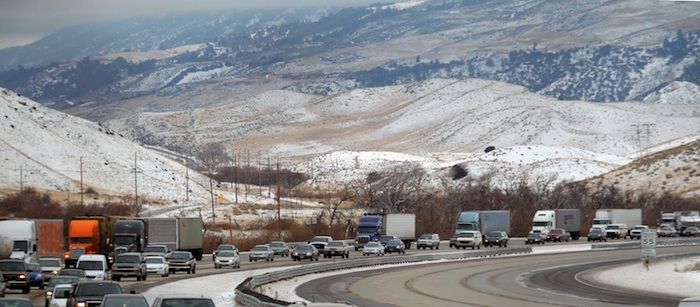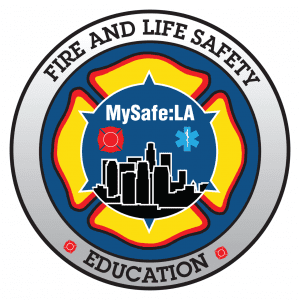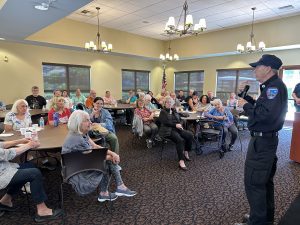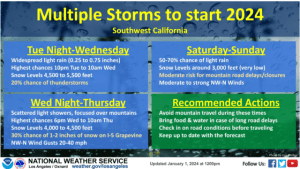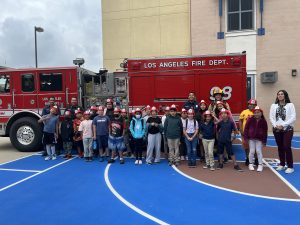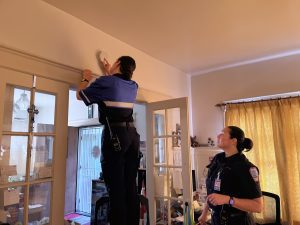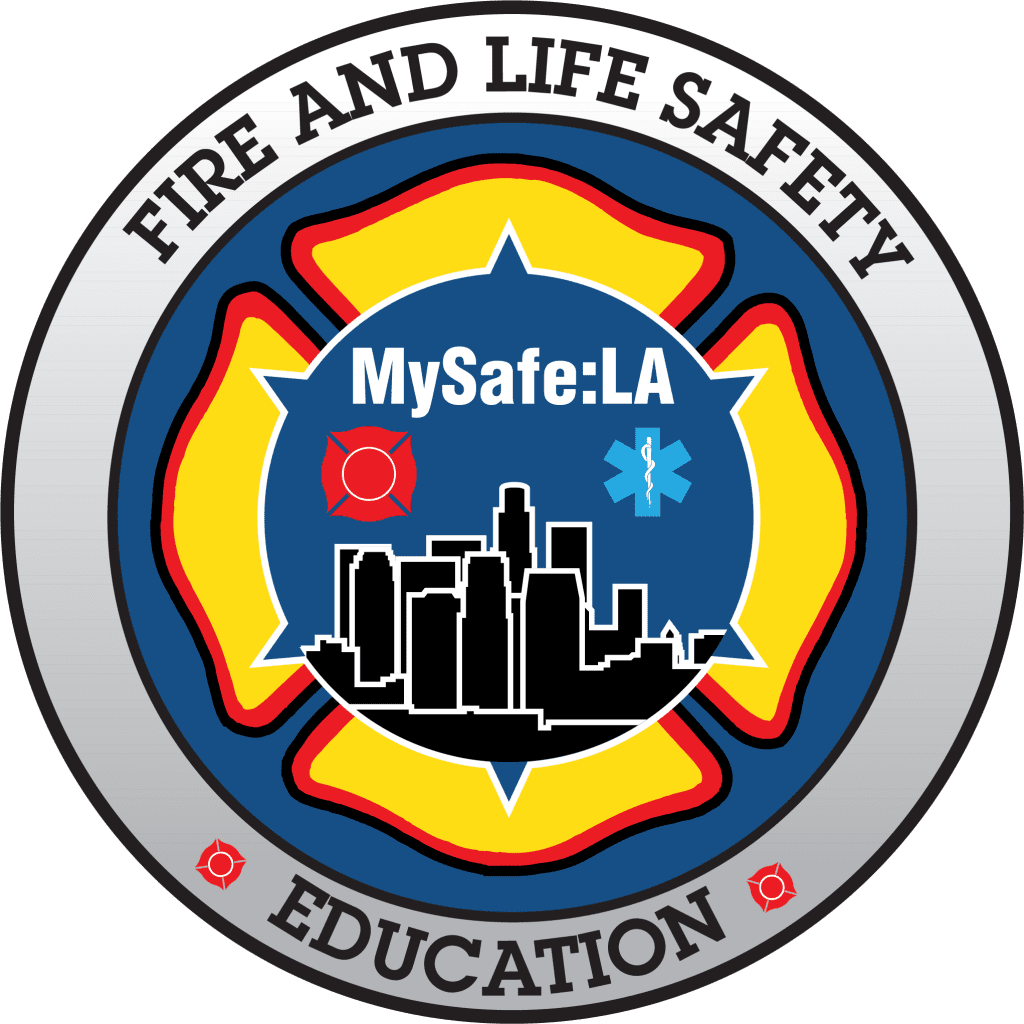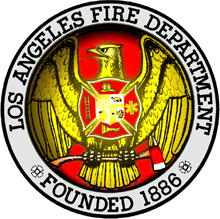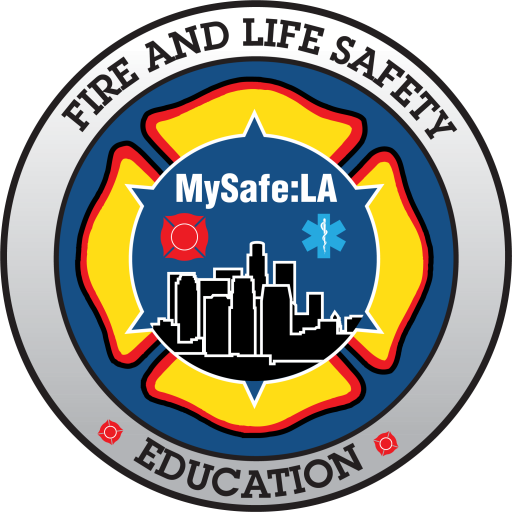It’s cold outside… Well, for California it’s cold.
No matter – when we’re freezing, we want to keep warm. There are a bunch of things we should not do when it’s cold… and we’re not talking about running around in a bathing suit to bring on hypothermia. We’re talking about things that can ruin your day – and that of your entire family.
There are some basic safety tips to consider when it’s biting cold outside:
- Dress in several layers of lightweight clothing. That will keep you warmer than a single heavy coat.
- Mittens provide more warmth to your hands than gloves, but in California, gloves are a good start.
- Wear a hat that covers your ears.
- Waterproof, insulated boots are the best to keep your feet warm and dry.
- Take frequent breaks when outdoors and stay hydrated.
- Seek medical attention immediately if you have hypothermia symptoms (confusion, dizziness, exhaustion or severe shivering) or frostbite symptoms (numbness, flushed gray, white blue or yellow skin discoloration).
- Don’t forget about your pets! Don’t leave them outdoors. Bring them in from the cold – and for most pets, sleeping indoors is a good thing!
CARBON MONOXIDE POISONING
One of the things to be especially concerned about is carbon monoxide. CO is an issue that potentially affects all of us, and in situations like cold weather, it’s tempting to light candles, turn on portable heaters, and to take other actions that we think will make life easier.
Carbon Monoxide is odorless, colorless, and is totally undetectable to our senses. That means you’ll have no way of knowing if you’re being exposed to potentially killer gas. If you begin to take ill due to CO, you may think you have the flu – and as the flu is spreading like wildfire, it’s especially important to take note of CO illness symptoms:
- Headache
- Fatigue
- Shortness of breath
- Nausea
- Dizziness
High level CO poisoning results in progressively more severe symptoms, including:
- Mental confusion
- Vomiting
- Loss of muscular coordination
- Loss of consciousness
- And… ultimately death
PREVENTION
So, what’s a family to do? How do you prevent CO illness and exposure? Here are some tips that may be extremely useful:
- Make sure appliances are installed and operated according to the manufacturer’s instructions and local building codes. Most appliances should be installed by qualified professionals. Have the heating system professionally inspected and serviced annually to ensure proper operation. The inspector should also check chimneys and flues for blockages, corrosion, partial and complete disconnections, and loose connections.
- Never service fuel-burning appliances without proper knowledge, skill and tools. Always refer to the owners manual when performing minor adjustments or servicing fuel-burning equipment.
- Never operate a portable generator or any other gasoline engine-powered tool either in or near an enclosed space such as a garage, house, or other building. Even with open doors and windows, these spaces can trap CO and allow it to quickly build to lethal levels.
- Install a CO alarm that meets the requirements of the current UL 2034 safety standard. A CO alarm can provide some added protection, but it is no substitute for proper use and upkeep of appliances that can produce CO. Install a CO alarm in the hallway near every separate sleeping area of the home. Make sure the alarm cannot be covered up by furniture or draperies.
- Never use portable fuel-burning camping equipment inside a home, garage, vehicle or tent unless it is specifically designed for use in an enclosed space and provides instructions for safe use in an enclosed area.
- Never burn charcoal inside a home, garage, vehicle, or tent.
- Never leave a car running in an attached garage, even with the garage door open.
- Never use gas appliances such as ranges, ovens, or clothes dryers to heat your home.
- Never operate unvented fuel-burning appliances in any room where people are sleeping.
- Do not cover the bottom of natural gas or propane ovens with aluminum foil. Doing so blocks the combustion air flow through the appliance and can produce CO.
- During home renovations, ensure that appliance vents and chimneys are not blocked by tarps or debris. Make sure appliances are in proper working order when renovations are complete.

